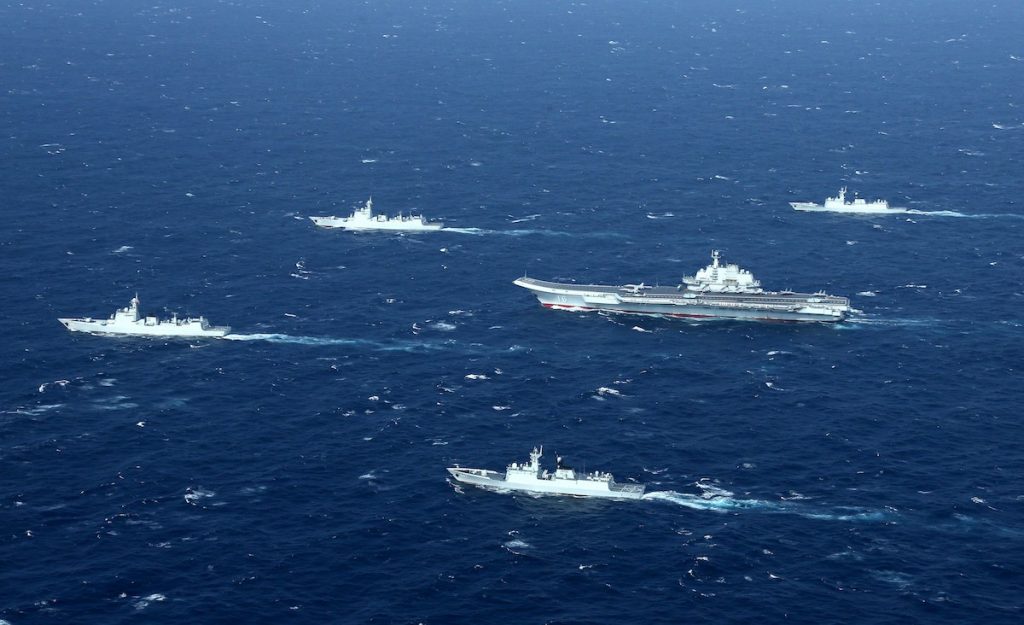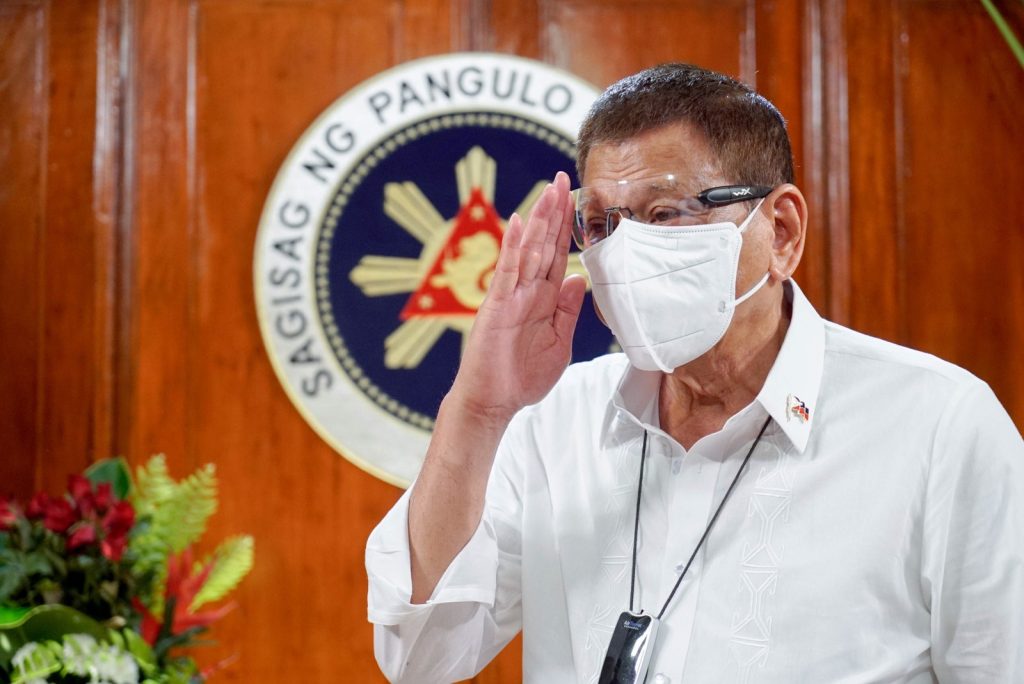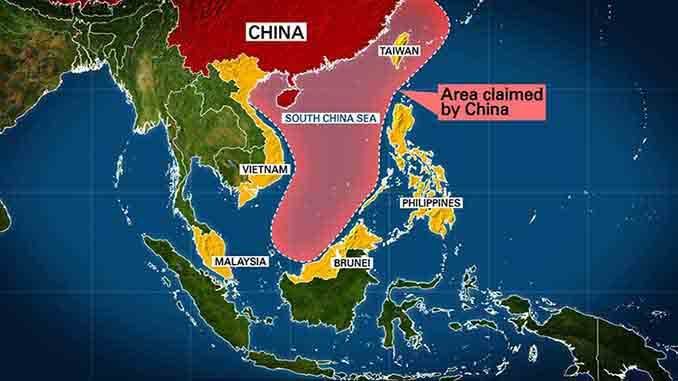
Catholic Church leaders in the Philippines welcomed President Rodrigo Durterte’s statement invoking a 2016 United Nations ruling on the territorial dispute with China in the South China Sea.
In his speech before the UN General Assembly on September 23, Duterte said the Philippines “affirms that commitment in the South China Sea” in accordance with the UN decision.
On July 12, 2016, the Permanent Court of Arbitration at The Hague ruled in favor of the Philippines, affirming the rights of the country over its exclusive economic zone in the South China Sea.
Duterte said the ruling “is now part of international law, beyond compromise and beyond the reach of passing governments to dilute, diminish or abandon.”
“We firmly reject attempts to undermine it,” said Duterte as he expressed gratitude to states that supported the arbitration ruling.
He said the award is tantamount to “the triumph of reason over rashness, of law over disorder, of amity over ambition,” adding that it is “the majesty of the law.”
Philippine Catholic church officials, many of whom are vocal critics of the Duterte administration, described the president’s statement as “very decisive and assertive.”
“We are grateful to our president for his reasonable, justifiable speech in defense of territorial integrity,” said Bishop Ruperto Santo of Balanga.
The prelate urged the president to “remain firm” with his pronouncements and “translate it to action.”
“I thank him for doing so, and I pray he will continue to do so,” said Bishop Gerardo Alminaza of San Carlos.
Bishop Jose Colin Bagaforo of Kidapawan also commended the president’s statement, saying it was “an act of courage.”
The prelate said Duterte’s speech before the United Nations was “a diplomatic coup d’etat versus China.”
“Now we wait for President Duterte’s government to put this protest into action,” he said, adding that the country should “cut off diplomatic ties” with Beijing unless China leaves the Philippine territory.

Bishop Bagaforo called on Congress to support the president’s pronouncements through a joint resolution that will affirm the country’s stand on the issue.
Bishop Broderick Pabillo, Apostolic Administrator of Manila, also welcomed Duterte’s “180-degree turn around” on the South China Sea dispute.
The Manila prelate expressed doubt over the “sincerity” of Duterte’s statement, warning that it mighr be “another joke that he will revert.”
“It is hard to believe him because he always changes his mind and actions over many pressing issues,” said Bishop Pabillo. “[Duterte] has no credibility left,” he said.
The bishop said that more than strong words, the country needs to see “definitive actions.”
Bishop Arturo Bastes, retired prelate of Sorsogon, said Duterte “made the right move in asserting our sovereignty and legal ownership” of the territory.
“This is a happy news,” he said.

“Never mind how China will react. Anyway, all our other neighboring nations are very brave not to accede to the wrong wishes of China – the Bully of Asia,” said Bishop Bastes.
The bishop said he hopes that Duterte “has now realized that he is wrong to bow” to China.
“Praise the Lord for enlightening Duterte to do what is right, to assert our sovereignty and legal ownership [of the islands] on the West Philippine Sea,” he said.
“Finally, Duterte has realized that he is wrong to bow to China,” added Bishop Bastes.
Philippine Catholic bishops earlier slammed China’s refusal to abide by the 2016 international ruling that invalidated Beijing’s “nine-dash line” claim.
The nine-dash line — at various times also referred to as the ten-dash line and the eleven-dash line — refers to the undefined, vaguely located, demarcation line used by China to claim parts of the South China Sea.
The ruling of the Permanent Court of Arbitration in The Hague affirmed the Philippines’ sovereign right to its 200-nautical mile exclusive economic zone in the South China Sea.
Apart from the Philippines, Vietnam, Malaysia, Taiwan, and Indonesia also have claims to the South China Sea.
Source: Licas Philippines
0 Comments